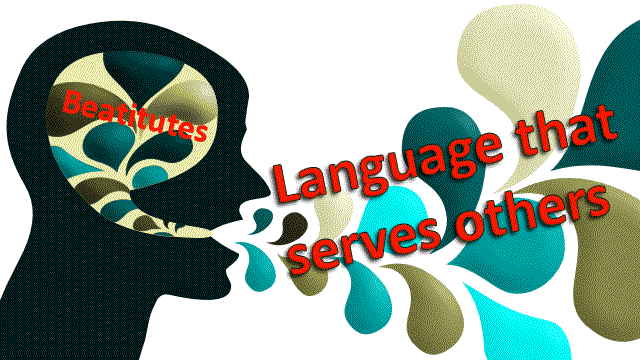On one of my trips into Congo, I found myself in the city of Kisangani over a weekend. One of the church leaders I was working with suggested that I attend the French language worship service at his church. (French is the official language of Congo, spoken by under 15% of the people. Everyone speaks one of the 220 African languages native to the country.) It is quite common for churches in Africa to have multiple services on Sunday in different languages with one of them being in the official languages of the country (French, English or Portuguese).
I was disappointed. Instead of finding a vibrant congregation of government officials and others with good education, the congregation was composed of 20 or 30 high school and university students. They were not in a French language service because French was their preferred language for prayer and worship. Instead, they were in a French language church service because French is prestigious and they wanted to display that they were part of the educated elite. The thing is, they didn’t master French that well, so they had the opposite effect on me, although they were certainly impressing themselves.
It is easy to think that language is about communication and so in every circumstance where there is a choice between languages, people will choose the language most likely to communicate. Sociolinguists will tell you that this is not so. Living in a places where many languages are spoken has made me acutely aware that language choice is often not about communication. The young students in Kisangani that Sunday did not choose French because it communicated best, or because it helped them express their thoughts and emotions best. No, they choose French because of its prestige. Communication, if it was a consideration, came a distant second.
I have seen young pastors returning from Bible School or seminary preach to people in their own village in the official language even though they know that few understand it. Why? Because preaching in the official language shows that they are well-educated.
People choose one language over another to help them accomplish their goals. If their goal is to communicate, they will choose the language that communicates best. If their goal is to lift up, encourage and empower others, they will choose the language that does that.
But, if their goal is to sound educated, enhance their prestige or establish their authority, they will choose the language that does that. Where I have lived in Africa, language choice is a great humility gauge and a very accurate detector of the intentions of the heart. Part of doing Bible translation in Africa is helping churches and pastors rethink some of their attitudes toward language. The Beatitudes give guidance for language choice in multilingual environments:
Blessed are the poor in spirit, for theirs is the kingdom of heaven.
Blessed are the meek, for they shall inherit the earth.
Blessed are the merciful, for they shall receive mercy.
In many contexts English (or whichever language is the official language) is the power choice, not the meek choice. It is the choice lacking compassion for the listeners, not the merciful choice. It is the choice of those wealthy in spirit.



